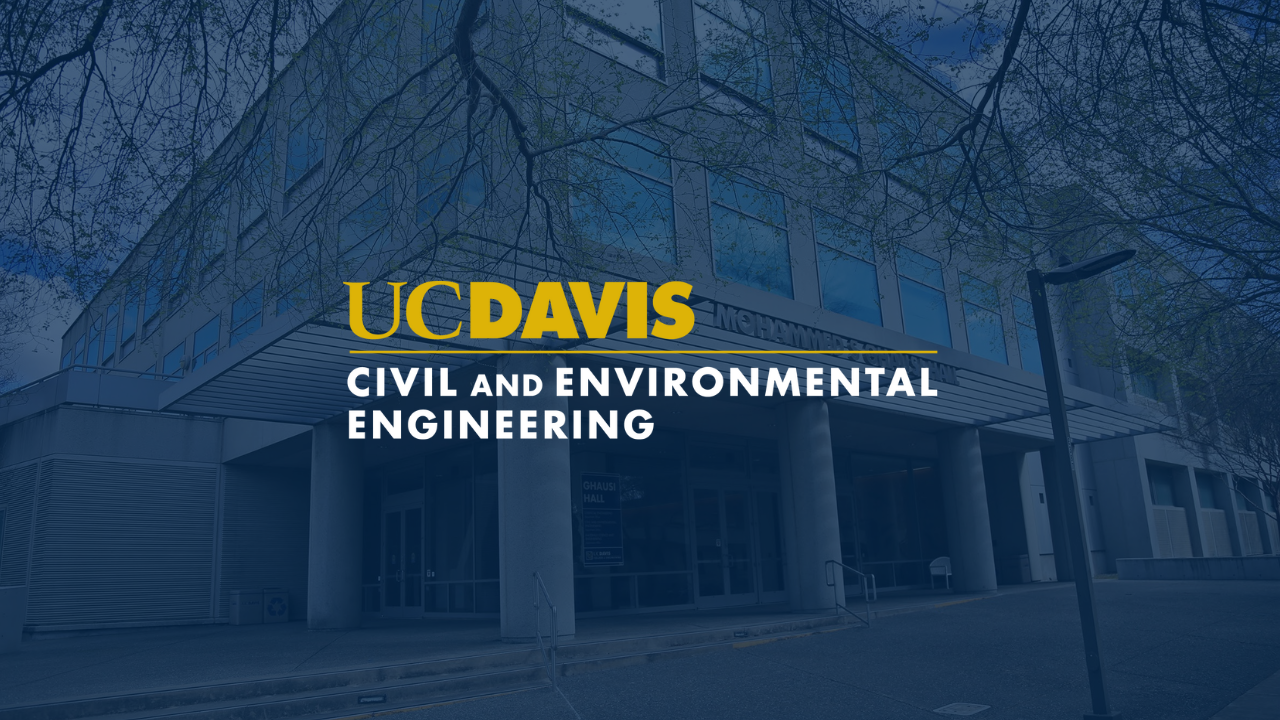
Event Date
Abstract:
With the growing population and the depletion of clean freshwater sources worldwide, nontraditional sources of water (e.g., industrial/municipal wastewater, agricultural runoff) must be considered in future water reuse portfolios. However, these nontraditional waters can be highly impaired and contain complex mixtures of contaminants, requiring advanced treatment solutions to achieve water quality goals. Membrane-based processes are promising components of advanced fit-for-purpose treatment trains and they present unique opportunities to not only produce clean water, but to also recover valuable resources from complex waste streams. My talk will discuss the design and development of highly-selective, antifouling membrane materials and processes for emerging opportunities including boron removal during desalination, natural organic matter removal during surface water treatment, and particle/macromolecule removal during ultrafiltration. This research employs advanced x-ray characterization techniques to develop a mechanistic understanding of important material properties and solute-membrane interactions, which, in turn, informs the implementation of novel membranes in fit-for-purpose treatment trains. My talk will also highlight the importance of designing water treatment systems to be resilient to changes in influent water quality/quantity (e.g., following a natural disaster) and socioeconomic stressors (e.g., affordability, infrastructure) using case studies in coastal Texas and remote Alaskan communities. Finally, I will introduce new opportunities to engineer reliable, resilient, and equitable water treatment technologies, including those that can remove, destroy, and/or recover target contaminants such as oxyanions and nanoplastics. These technologies will enable new separations for water reuse and resource recovery, increase the resiliency of future water treatment systems, and repair the inequities embedded in water systems worldwide.
Speaker Bio:
Matthew Landsman is a Postdoctoral Fellow at the Advanced Light Source (ALS) at Lawrence Berkeley National Laboratory, where he works in the Center for Materials for Water and Energy Systems (M-WET). Matt received his B.S. and M.S. degrees in civil/environmental engineering from the University of Maryland in 2016 and 2017, respectively, and he received his Ph.D. from the University of Texas at Austin in 2022. Matt’s research integrates water chemistry, materials science, and socioeconomic co-design to develop solutions for water purification and environmental remediation. At the ALS, Matt is developing in situ x-ray scattering and spectroscopic techniques to study water treatment processes, and he is also involved/interested in field studies of various water sources (e.g., drinking water, urban stormwater). In his free time, Matt enjoys running, mountain biking, watching college basketball, and walking his dog.
